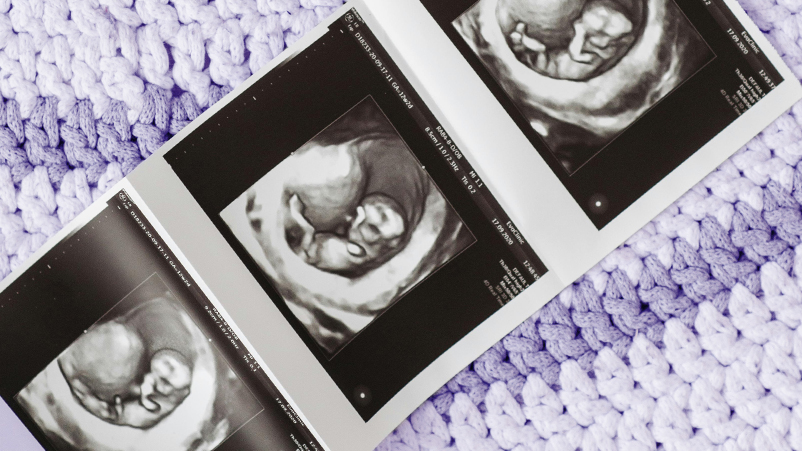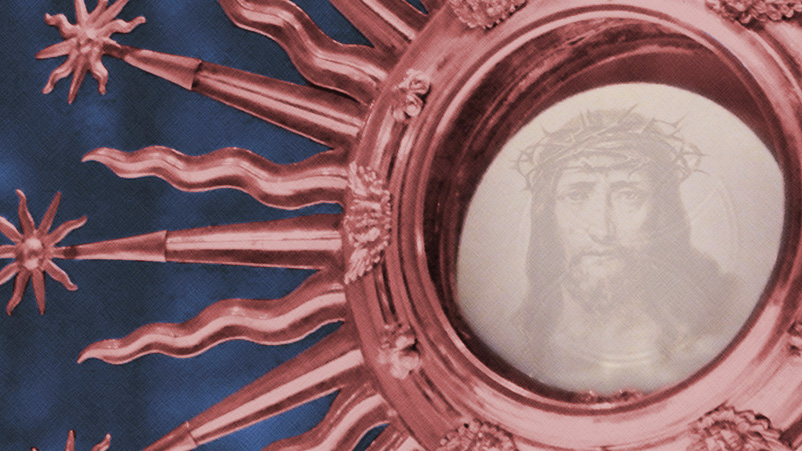Part II (continued from Tuesday, November 14, 2017)
By Dianne Irving
2. If the philosophical definition of a human person and when he/she begins to exist is automatically false and therefore invalid, then the definition of “human nature” is also automatically false and therefore invalid. This will necessarily have a deleterious effect not just on medical ethics, but also on related fields such as philosophy, theology, law, social theory, etc., since human nature is synonymous with human personhood.
3. If the definition of human nature is automatically false and therefore invalid, then the definition of the “natural law” is automatically false and therefore invalid.
The natural law is a philosophical concept derived through the use of reason alone. It is based on an empirically derived concept of human nature (i.e., what we observe is common among all human persons as human persons.) All human persons possess the same kind of human nature. Among the many things common to their human natures is when and how they begin to exist.
According to the Catechism of the Catholic Church (section 1954), “The natural law is written and engraved in the soul of each and every man, because it is human reason ordaining him to do good and forbidding him to sin . . . [T]his command of human reason . . . [is] the voice and interpreter of a higher reason to which our spirit and our freedom must be submitted.”
Section 1956 explains that the natural law “expresses the dignity of the person and determines the basis for his fundamental rights and duties.”
4. If the definition of the natural law is automatically false and therefore invalid, then the definition of “moral law” in Catholic theology is also automatically false and therefore invalid. The moral law is grounded in the natural law, but perfected through divine revelation and the Church’s magisterium (teaching authority).
The Catechism (section 1950) tells us: “The moral law is the work of divine Wisdom. . . . It prescribes for man the ways, the rules of conduct that lead to the promised beatitude; it proscribes the ways of evil which turn him away from God.”
The Catechism (section 1959) also explains the moral law’s relationship to the natural law: “The natural law, the Creator’s very good work, provides the solid foundation on which man can build the structure of moral rules to guide his choices. It also provides the indispensable moral foundation for building the human community.”
5. If the definition of the moral law is automatically false and therefore invalid, then the Catholic Church’s teachings based on the moral law are automatically false and therefore invalid.
Among the Church’s moral teachings is its prohibition of all forms of murder, at all stages of life: “From the first moment of his existence, a human being must be recognized as having the rights of a person—among which is the inviolable right of every innocent being to life” (CCC, section 2270).
6. If the Church’s moral teachings are automatically false and therefore invalid, then the Church’s moral authority is automatically false and therefore invalid.
“To the Church belongs the right always and everywhere to announce moral principles . . . and to make judgments on any human affairs to the extent that they are required by the fundamental rights of the human person or the salvation of souls” (CCC, section 2032).
The Catholic Church has always done more to protect human beings from harm than any other institution. But such protection gets in the way of evil agendas. Thus, how to overcome the positive and life-affirming influence of the most powerful institution in the world? Destroy it, one level at a time.
Do you now see how all the levels fall, one after the other—like dominoes—when you start with a false definition of a human being and when he/she begins to exist?
Dr. Irving is a professor of the history of philosophy and medical ethics and former career-appointed bench research biochemist/biologist for the National Institutes of Health and National Cancer Institute. She earned an M.A. and Ph.D. in philosophy from Georgetown University in Washington, D.C.
For a more detailed explanation of the numerous and far-reaching ramifications of scientifically inaccurate definitions and language, visit lifeissues.net to see Dr. Irving’s comments on “Pennsylvania Researchers Turn Stem Cells to Egg Cells” by Nicholas Wade, published in the May 2, 2003, New York Times (lifeissues.net/writers/irvi/irvi_02comment001.html).
image: Mark Bonica via Flickr | CC 2.0


